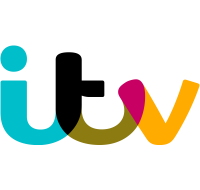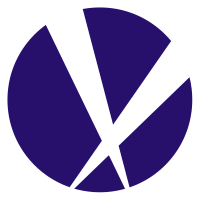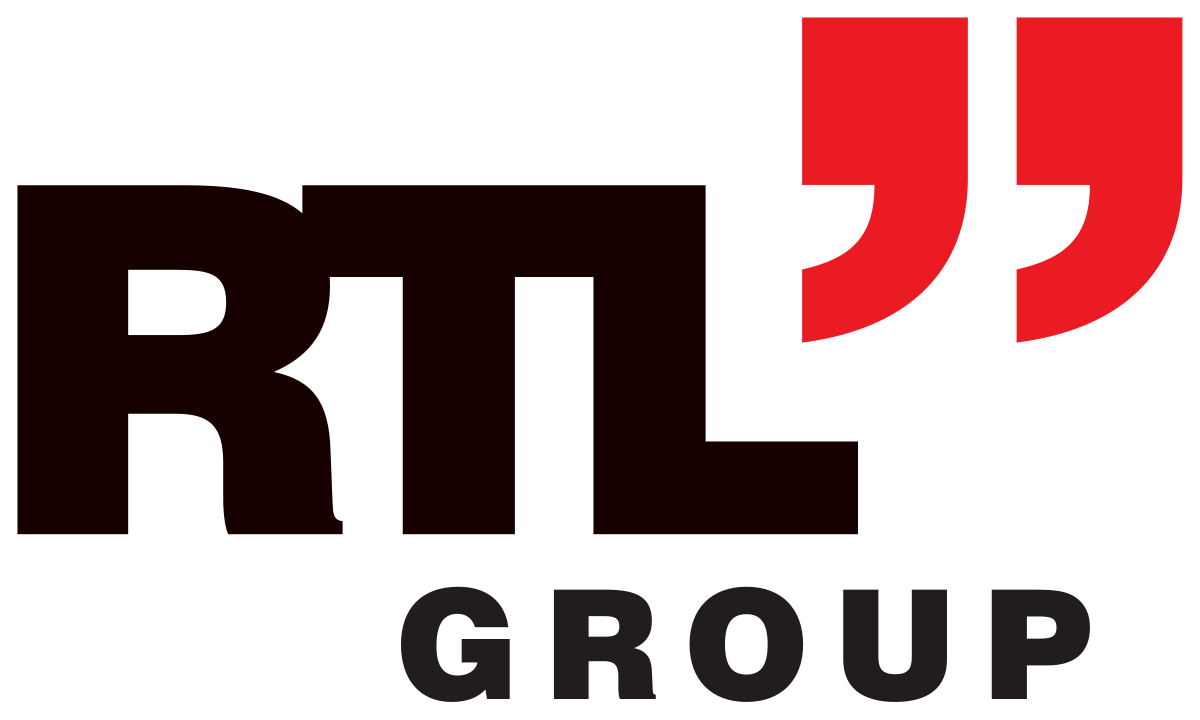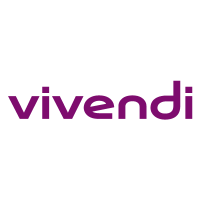
ITV PLC
LSE:ITV

ROA
Return on Assets
ROA, or Return on Assets, is an indicator of how well a company utilizes its assets in terms of profitability. This number tells you what the company can do with what it has, i.e. how many dollars of earnings they derive from each dollar of assets they control. A higher ROA indicates more efficient use of assets to produce earnings, making it a valuable gauge for investors assessing a company's operational efficiency and profitability potential.
ROA Across Competitors
| Country | Company | Market Cap | ROA | ||
|---|---|---|---|---|---|
| UK |

|
ITV PLC
LSE:ITV
|
3.2B GBP |
10%
|
|
| US |
V
|
ViacomCBS Inc
LSE:0A65
|
26.6B USD |
-11%
|
|
| US |

|
Fox Corp
NASDAQ:FOXA
|
24.2B USD |
8%
|
|
| US |

|
Paramount Global
NASDAQ:PARA
|
8B USD |
-11%
|
|
| LU |

|
RTL Group SA
XETRA:RRTL
|
4.9B EUR |
5%
|
|
| JP |
N
|
Nippon Television Holdings Inc
TSE:9404
|
801.9B JPY |
4%
|
|
| US |

|
Nexstar Media Group Inc
NASDAQ:NXST
|
5.1B USD |
6%
|
|
| JP |

|
TBS Holdings Inc
TSE:9401
|
723.7B JPY |
3%
|
|
| JP |

|
Fuji Media Holdings Inc
TSE:4676
|
687.5B JPY |
-1%
|
|
| SA |
M
|
MBC Group CJSC
SAU:4072
|
12.8B SAR |
6%
|
|
| FR |

|
Vivendi SE
PAR:VIV
|
2.9B EUR |
-26%
|
ITV PLC
Glance View
In the sprawling landscape of British media, ITV PLC emerges as a stalwart, etching its presence deeply into the cultural and economic fabric of the UK. Born out of a necessity to break the monopoly of public broadcasting in the mid-1950s, ITV swiftly captured the public's imagination with its compelling narratives and diverse programming. Over the years, it has evolved from merely a television network to a sprawling media conglomerate. By consistently producing beloved dramas, gripping reality shows, and robust news programming, ITV has managed to cement its reputation as a household name. The company leverages its creative prowess to generate significant advertising revenue, as advertisers eagerly seek to place their brands before millions of loyal viewers that ITV's diverse content attracts. This strategic focus on engaging content creation not only captivates audiences but serves as a magnet for partners and advertisers alike. Beyond traditional broadcast avenues, ITV has adeptly maneuvered into the digital age, amplifying its revenue streams through various platforms. The launch of ITV Hub allowed the company to tap into the burgeoning demand for on-demand content, keeping pace with global digital trends. This strategic diversification extends to its production arm, ITV Studios, which produces content for other networks and streaming services, both domestically and internationally. By selling its programs and formats globally, ITV not only cushions itself against the volatility of advertising revenue but also capitalizes on a steady influx of international profits. In essence, ITV's business model thrives on a dual approach: commanding a strong presence in both advertising and content production, thereby weaving a resilient financial tapestry that sustains its growth in an ever-evolving media ecosystem.

See Also
ROA, or Return on Assets, is an indicator of how well a company utilizes its assets in terms of profitability. This number tells you what the company can do with what it has, i.e. how many dollars of earnings they derive from each dollar of assets they control. A higher ROA indicates more efficient use of assets to produce earnings, making it a valuable gauge for investors assessing a company's operational efficiency and profitability potential.
Based on ITV PLC's most recent financial statements, the company has ROA of 9.7%.


















































 You don't have any saved screeners yet
You don't have any saved screeners yet